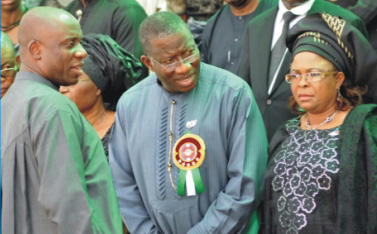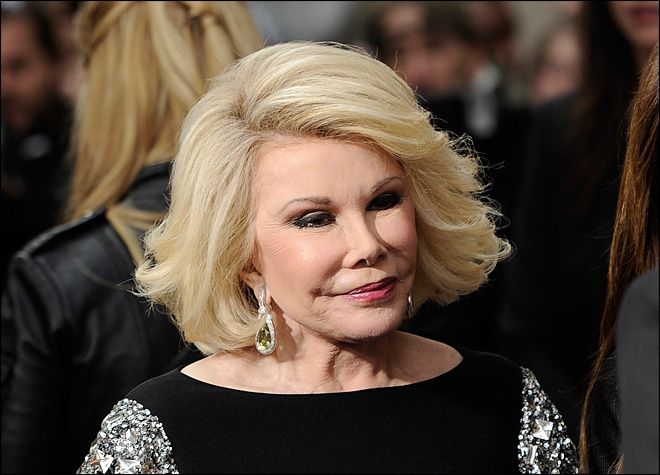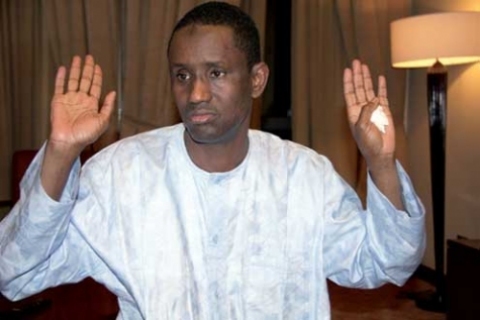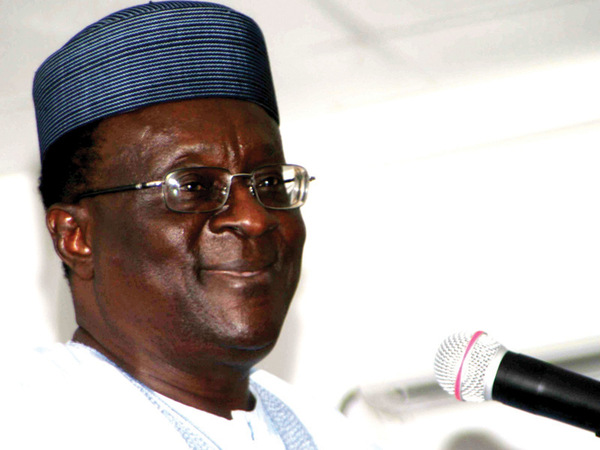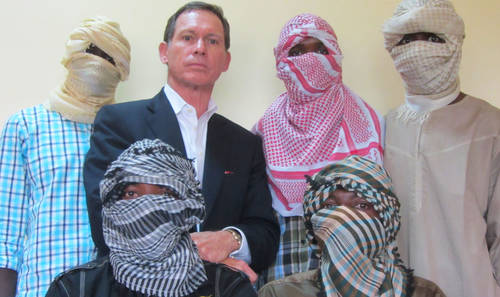Warring parties in the troubled northeastern Nigeria have subjected boys and girls to forced recruitment, detention, attacks at school, abductions, rape, and other forms of sexual violence, a Watchlist on Children and Armed Conflict report has revealed.
Released on Thursday by the international human rights and humanitarian organisation, the report detailed the gravity and scale of the violations in the northeast and the need for urgent action from the Nigerian government, the United Nations, and other child protection actors.
The 64-page report is titled: ‘Who will care for us? Grave violations against children in northeastern Nigeria”. It detailed grave violations by some parties to the conflict dating back to December 2012 and provided recommendations on how to better protect children.
“While the abduction of over 200 girls in Chibok, Borno state, has shed some light on how children are affected by the conflict in the northeast, most abuses are still poorly documented, understood, and addressed by key actors,” said Janine Morna, a Watchlist researcher.
Advertisement
The report expressed concerns over the forced recruitment of children for spying and assistance during Boko Haram’s armed attacks as well as defence by the Civilian Joint Task Force (JTF), a self-defence militia formed in mid-2013 in Borno state.
“Children as young as 13 are being recruited by both sides of the conflict and have nowhere to turn,” said Morna.
“Moreover, Nigerian security forces who encounter child soldiers in Boko Haram’s ranks often detain these children in unofficial military detention facilities known for the mistreatment of detainees, instead of protecting and rehabilitating them, in accordance with international standards.
Advertisement
The government of Nigeria should denounce the recruitment of children by all armed groups, take immediate steps to release child soldiers in their custody, and develop procedures to transfer child soldiers to civilian actors.”
In the report, a 13-year-old boy describing an attack on his school, Federal Government College Buni Yadi, Yobe state, said: “We were sleeping in the hostel. We heard the gun shots. I woke up from sleeping … 10 boys were in the room … I went out of the room … I was running … I was feeling afraid… I had gotten out of the room and I was shot at in the leg …
“The person pointed a gun at me… I fell down… I was hit with two bullets on my left foot … I pretend[ed] like I died… because if I didn’t pretend they would shoot me again … it felt like 30 minutes … When the people [were] not at the place I w[o]ke up. I w[o]ke up and entered the room again. The [other students] that didn’t die… I said if they are able to run, let us run.”
Another victim, a 16-year-old girl who was abducted with five of her peers from her school in Borno state, said: “I found myself in an Imam’s house. I don’t really remember how I got there… The men said [to us], ‘You are the real strong Christians. We want you to become Muslims. We will give you men to marry and if you refuse, we will kill you.’ The five other girls accepted. I said, ‘rather kill me.’”
Advertisement
Narrating how she was almost raped, a third victims, an 18-year-old, said: “They [Boko Haram] gave us an axe to dig a hole to ease ourselves. In the night I wanted to ease myself. I was trying to ease myself and as I was in the process … [he approached] and I started screaming. He abused me. He slipped away. He tried to penetrate, but when people came, he didn’t enter.”
Watchlist revealed its research into attacks on schools in the region, which had resulted in the death, injury, or abduction of at least 414 students, teachers, or other civilians on school premises between January 2012 and July 2014.
“Continuous attacks on schools have devastated education in the region, creating a climate of fear for students and teachers, and leading to school closures from as early as April 2013. Relevant actors must bolster school security through programmes like the Safe Schools Initiative,” said Morna.
“Watchlist documented abductions of boys and girls by Boko Haram, including Christian girls who were forced to convert to Islam and coerced into marrying members of the group, along with other female abductees. Boko Haram abducted these girls and young women from schools and markets, and during raids on villages in areas across Borno state since at least December 2012. Some members of the group raped girls and young women in the camps.
Advertisement
None of the girls and women who escaped, and were interviewed by Watchlist, had access to counseling and other health services. The humanitarian response to violations against children has been slow, fragmented, and unable to meet the fast-growing needs of those affected by the conflict.”
Noting that Few international actors currently engage in the northeast, leaving the government and local groups, with limited capacity, to support survivors, Morna urged the Nigerian government, United Nations, and non-governmental agencies to “take urgent steps to recruit experts with experience operating in a conflict situation and scale up programming to support some of Nigeria’s most vulnerable and marginalized children.”
Advertisement
Add a comment


